Several weeks ago we wrote about the issue of thinner and odd thickness stock that the US market demands versus the much larger demand for thicker stock in the rest of the world. This week we will take a look at length of Ipe and similar decking products and how buying odd lengths can end up saving the US buyer money.
Less Waste Makes the Best Decking Materials
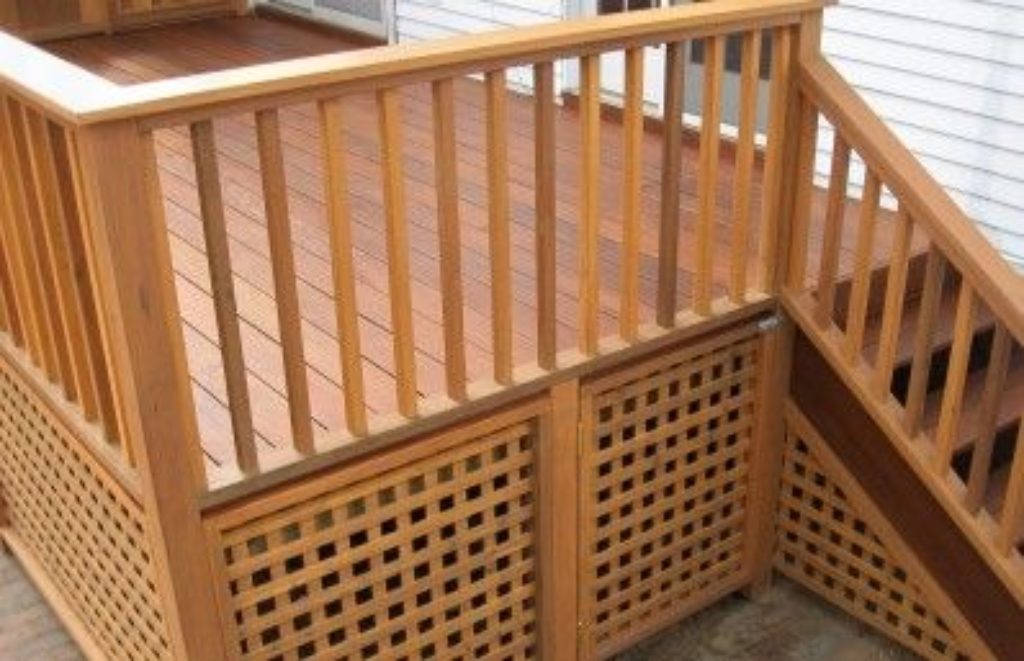
Traditionally, the U.S. importer of Ipe decking has preferred to buy all even length decking, but due to the supply/demand and common sense waste issues, J. Gibson McIlvain Company has moved away from this traditional buying practice for several reasons.
- The rest of the world buys odd length Ipe and Cumaru. Because the US market has become conditioned to even lengths, the US importer limits their buying power when refusing to take odd lengths. Many mills will not do business with buyers who only want to buy even length decking. If you find a mill that will sell only even lengths, the US buyer limits the volume a mill will send. Perhaps the U.S. importer gets the even lengths, but all the odds go to Israel.
- Ultimately buying only even lengths is highly wasteful. The mill produces odd length decking whether we buy it or not, they simply cut off the extra foot and ship it as even. You pay for that added foot plus the labor and time to trim each piece. This causes the price of your all even length decking to be more expensive than the longer, odd length decking.
In simplest term, buying odd length decking makes sense, reduces waste, and saves money. Don’t let anybody tell you you are odd for making that deck 17 or 21 feet long. We know who the smart one is.

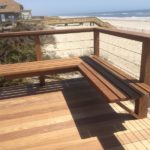
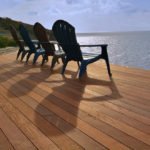
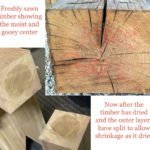
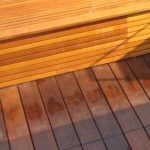
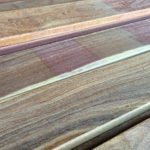
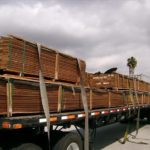
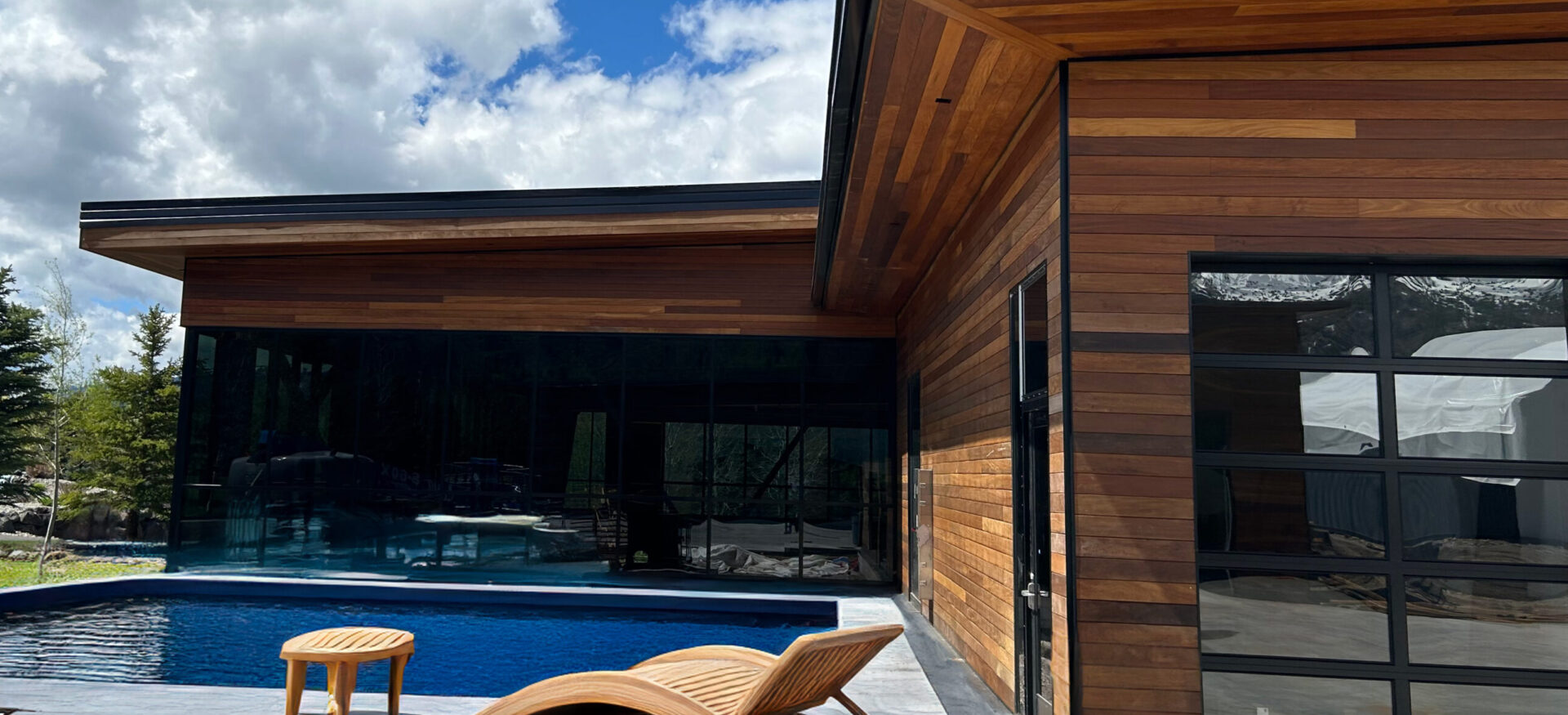

Leave a Reply